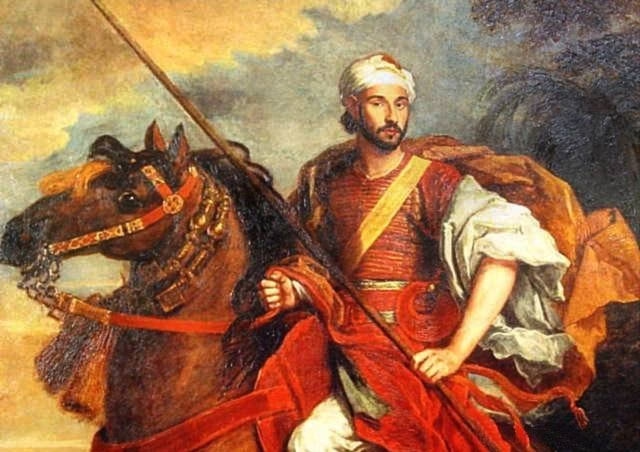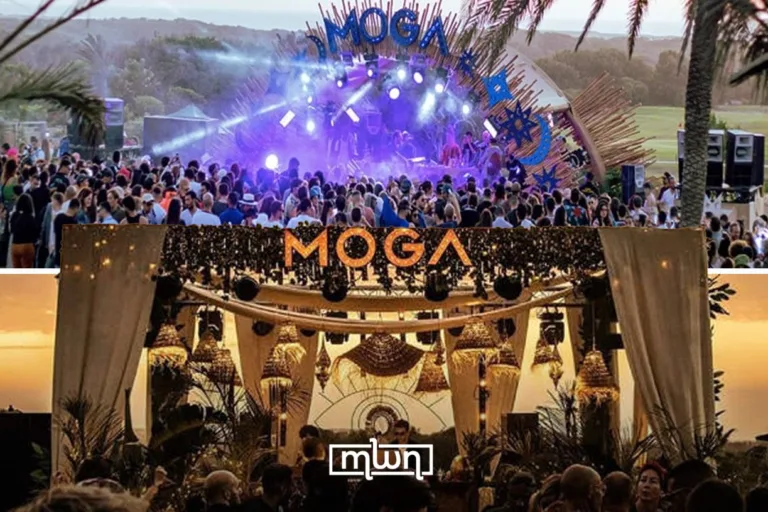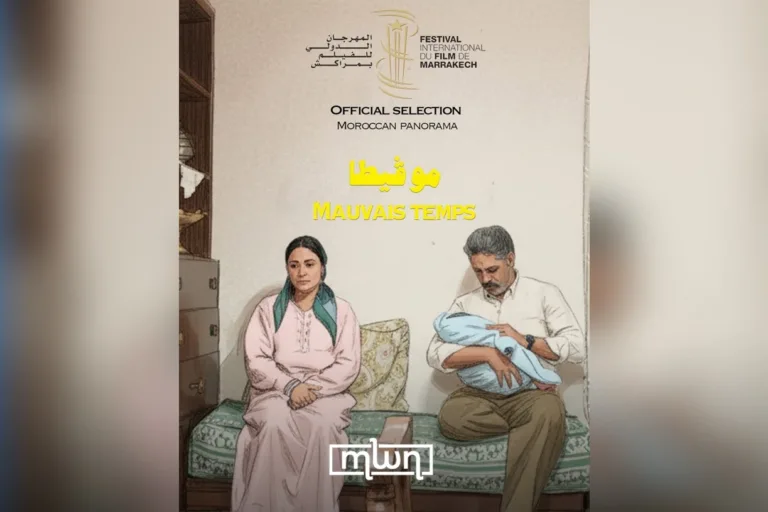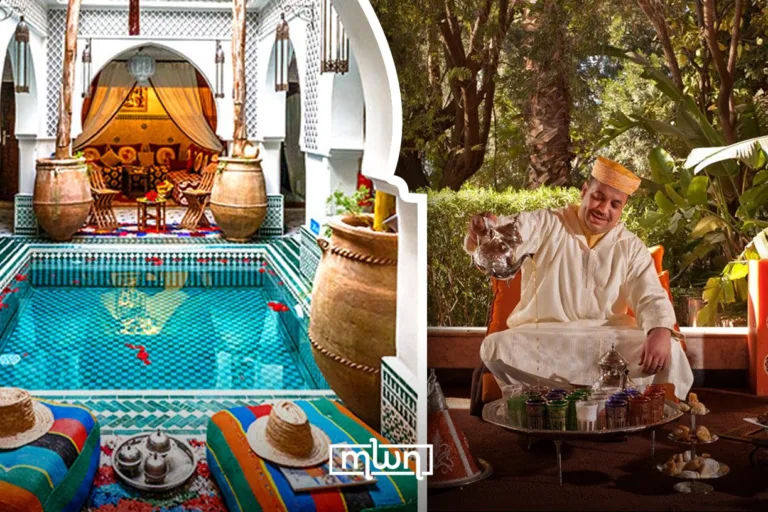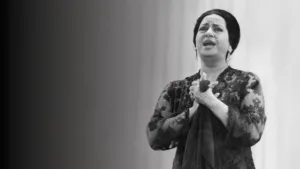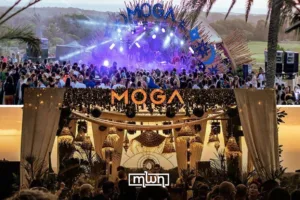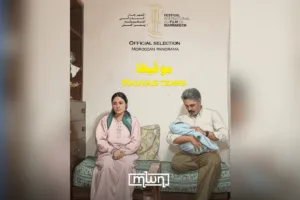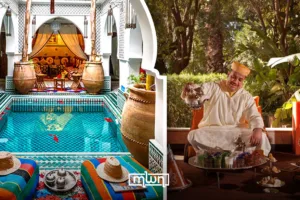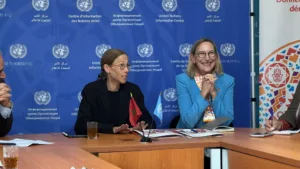Mohammed Ben Hadou went to negotiate peace, but what he really did was start a one-man cultural revolution in London.
Fez – Let’s rewind the clocks to the late 17th century, when diplomacy meant caftans, curved sabers, and making royal impressions without ever bowing your head.
Meet Mohammed Ben Hadou Attar: Moroccan diplomat, polyglot, gentleman, and the unlikely star of London high society, until politics did what politics always does.
Ben Hadou wasn’t just another envoy; he was the handpicked ambassador of Sultan Moulay Ismail.
In 1681, at the height of tension over English-occupied Tangier, Ben Hadou was sent to London to negotiate peace and trade. But before we get into his British tour, let’s go back to his roots.
Born into a family that had long served Moroccan dynasties, from the Saadians to the Alaouites, Ben Hadou came preloaded with political savvy.
His father and grandfather worked closely with European envoys. Meanwhile, his mother was a foreigner, possibly European. This gave him a certain ease when dealing with the “Franj” (foreigners).
Perhaps most intriguingly, he came from the Attar family of Souss, a line known for holding serious power across southern Morocco.
When Ben Hadou arrived in London in late 1681, he didn’t just clock in as a bureaucrat.
The man made an entrance. Dressed head-to-toe in fine Moroccan attire: colorful caftans, silk sashes, and a majestic white haik, he captivated the English elite.
On January 11, 1682, he was officially received by King Charles II at Whitehall Palace.
English diarist John Evelyn couldn’t stop writing about him. “He didn’t bow. He didn’t kneel. He just stood there, proud as ever,” Evelyn noted, clearly both impressed and slightly scandalized.
Read also: Inside Morocco’s Buzzing Bee Museum
The Moroccan entourage didn’t spend their days cooped up either. They visited Hyde Park on horseback, attended comedy plays, and even dined at Cambridge University.
At one royal banquet hosted by the king’s French mistress (the drama!), Ben Hadou reportedly outclassed every guest in manners and mystique.
Compared to the Russian ambassador, Evelyn described him as “the civilized one.”
And it didn’t stop at tea and theatre. Ben Hadou was inducted into the Royal Society in April 1682 – yes, “that” Royal Society.
His name was even written in Arabic in their registry. Diplomatically, he negotiated a draft treaty of peace and trade with England, a potential landmark agreement.
But, alas, it was never signed.
Why? Politics. Court rivalries. Suspicion. Sultan Moulay Ismail felt Ben Hadou may have gotten too friendly with the Brits.
A competing courtier accused him of being soft. The Sultan wasn’t pleased, and Ben Hadou was nearly punished, possibly fatally.
Still, the English did end up withdrawing from Tangier in 1684. Eventually, Ben Hadou clawed his way back into the Sultan’s inner circle.
By the 1720s, he was once again Morocco’s go-to guy for European affairs, before quietly vanishing from the records, his legacy partly swallowed by time.
But for one glorious stretch of six months, London was charmed, the English were wowed, and Moroccan diplomacy had its moment in the British spotlight.

